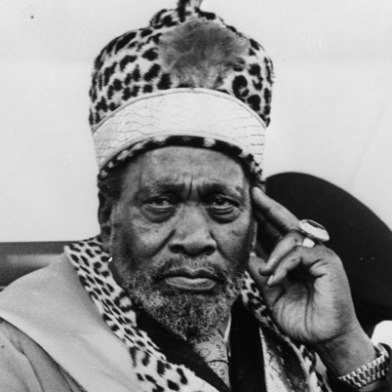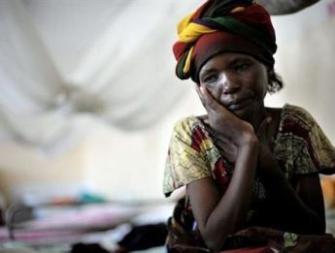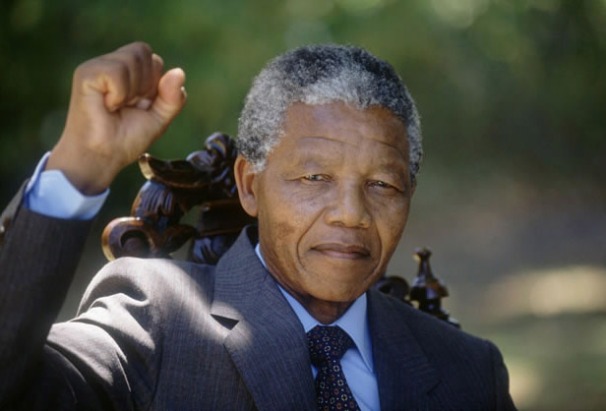¨Brain drain¨ is a controversial idea relating to the emigration of educated people from their countries of origin into more ¨developed¨ countries. The controversy stems from the following question; Should people who have tertiary education leave their countries to make better opportunities for themselves (and perhaps in the long-term for their homelands) or should they stick around and use their knowledge and skills to do the crucial work of restructuring and rebuilding from within the country?
This issue is multifaceted and cannot be reduced to simple answers. There are both benefits and detriments to either staying or leaving. But the questions remain; should those who leave be lauded or shamed for their decision? Does working from within or from without make a major impact? Are both needed? And what happens after emigration? Is culture retained or is there an inevitable push toward assimilation for future generations?
Think that make you go hmm…..
(The following article has been modified but is originally from http://www.universityworldnews.com/article.php?story=20131011121316706)

MIGRATION AND BRAIN DRAIN FROM AFRICA ACUTE – Report
Written By: Wachira Kigotho, 11 October 2013 Issue No:291
One in every nine people who are born in Africa and have a university degree is a migrant in one of the 34 member states of the OECD – the world’s most developed countries. According to a joint report on global migration released by the United Nations’ Department of Economic and Social Affairs, or UN DESA, and the OECD secretariat, there are about 30 million African migrants out of the global total of 232 million migrants. The emigration rates of highly educated citizens to OECD member countries is a major concern for the developing world.
According to the recently published statistical report, World Migration in Figures, brain drain is particularly acute for small countries and island states in Africa, Latin America and the Caribbean. “For instance in 2010, close to 90% of university educated and highly skilled persons born in Guyana lived in OECD countries,” the report revealed. The situation was similar in Barbados, Haiti, and Trinidad and Tobago, where more than 50% of tertiary educated people live abroad.
The proportion of highly educated people residing in OECD countries was also significant for Jamaica (46%), Tonga (46%), Zimbabwe (43%), Mauritius (41%), the Republic of Congo (36%), Belize (34%) and Fiji (31%).
According to John Wilmoth, director of UN DESA, more than half of all highly educated migrants currently live in the United States, Russia, Germany, Saudi Arabia, United Arab Emirates, Britain, France, Canada, Australia and Spain.
“In contrast, OECD countries as well as Brazil, China, India and Russia had low emigration rates of highly skilled persons, that stands at 3.5%,” said Wilmoth in a brief read to the United Nations High-Level Dialogue on Migration held on 3 October.
Commenting on the impacts of brain drain, especially on small developing countries with relatively few highly skilled workers, Wilmoth said the loss of human capital affected the provision of basic services, drained fiscal resources and reduced economic growth in some contexts.
The number of tertiary educated people from Africa who migrated to OECD countries in the past five years was 450,000 – compared to 375,000 Chinese.
In Sub-Saharan Africa and other developing countries, where the emigration rate of the highly educated was higher than the total emigration rate, reflecting the higher mobility of people with educational attainment.
In 2010-11, many developing countries had emigration rates for the highly skilled that were more than 20 times their overall emigration rates – Burundi, Lesotho, Malawi, Maldives, Mozambique, Namibia, Niger, Papua New Guinea, Tanzania, Zambia and Zimbabwe.
Cameroon, Ghana, Kenya, Morocco and Senegal also had significant emigration rates of tertiary educated people, which were about 15 times higher than for total emigration. The mobility of the highly educated is also reflected in the large numbers of students from developing countries studying in OECD nations. According to UNESCO’s Institute for Statistics, 3.6 million tertiary students were studying outside their country of origin by 2010 – a 29% increase since 2007.
Currently 51% of university-educated migrants in OECD countries are women. John Wilmoth noted that the negative impact of emigration in most developing countries was more pronounced for women than for men. According to World Migration in Figures, a large number of highly educated women migrants from developing countries work as teachers and in health care.
The migration of the highly educated is not just a process of brain drain, contributing to the loss of professionals required for national development at home. Governed fairly, it can enhance socio-economic progress both in countries of origin and destination. “Migration broadens the opportunities available to individuals and is a crucial means of broadening access to resources and reducing poverty,” said Wu Hongbo, United Nations under-secretary-general for economic and social affairs. The UN High-Level Dialogue on Migration, held earlier this month, was expected to chart ways forward for global migration.




 T
T

 Illegal migrants who agree to leave the country get $3,500 compensation
Illegal migrants who agree to leave the country get $3,500 compensation

